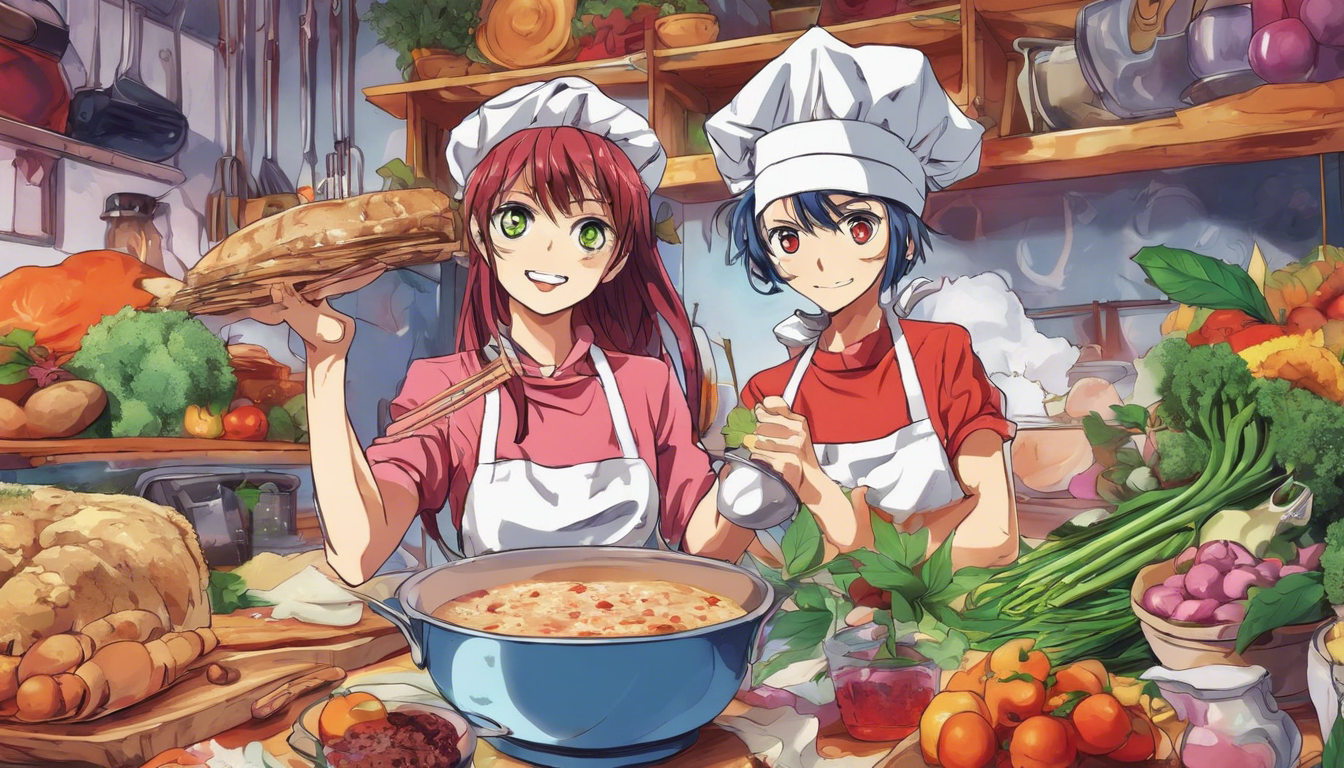
Vegan cooking and baking have become increasing popular in recent years, with more and more people choosing to adopt a vegan lifestyle. However, along with this rise in popularity, there are also many myths and misconceptions surrounding vegan cooking and baking. In this article, we will explore some of these myths and present factual information to debunk them, providing you with a better understanding of the realities of vegan cooking and baking.
Myth 1: Vegan Food is Bland and Tasteless
One of the most common misconceptions about vegan cooking is that it lacks flavor and variety. However, this couldn’t be further from the truth. A well-prepared vegan meal can be just as flavorful and delicious as any non-vegan option.
The key to adding flavor to vegan dishes is using a wide range of herbs, spices, and seasonings. There are countless options available, such as garlic, ginger, cumin, paprika, turmeric, and much more. Additionally, incorporating ingredients like nutritional yeast or tamari can add savory and umami flavors to recipes.
Experimenting with different combinations of herbs and spices is a great way to create exciting and tasty vegan meals. Don’t be afraid to try new flavors and get creative in the kitchen!
Myth 2: Vegan Baking requires Hard-to-Find Ingredients
Many people believe that vegan baking requires obscure and hard-to-find ingredients. While some vegan baking recipes do call for specialty items, there are numerous alternatives readily available in most grocery stores.
For example, eggs can easily be replaced with ingredients like mashed bananas, applesauce, or flaxseed mixed with water. Milk can be substituted with nut milk, soy milk, or even just plain water in some cases.
Moreover, there are many vegan-friendly substitutes for butter, such as coconut oil, vegan margarine, or vegetable oil. These alternatives can be used in equal amounts to achieve similar results in baked goods.
By using common and easily accessible ingredients, vegan baking can be just as convenient and straightforward as traditional baking.
Myth 3: Vegans Lack Essential Nutrients
Another common myth is that a vegan diet lacks essential nutrients, particularly protein and calcium. However, with proper planning and a well-balanced diet, vegans can get all the necessary nutrients they need.
Plant-based sources of protein include legumes (such as lentils, chickpeas, and beans), quinoa, tofu, tempeh, and seitan. Incorporating a variety of these protein-rich foods into meals ensures an adequate intake of protein.
Calcium, often associated with dairy products, can be obtained from various plant-based sources. Foods like fortified non-dairy milk, tofu, almonds, sesame seeds, and leafy greens like kale and broccoli can all contribute to meeting calcium requirements.
Myth 4: Vegan Meals are Time-Consuming and Complicated
Contrary to popular belief, vegan meals don’t have to be complex or time-consuming to prepare. In fact, many vegan recipes are quick and easy to make.
Simple meals like salads, stir-fries, or pasta dishes can be easily adapted to be vegan by substituting animal products with plant-based alternatives. Additionally, one-pot meals or sheet pan dinners can save time and effort in the kitchen.
Meal prepping and planning ahead can also greatly simplify the cooking process. Preparing ingredients in advance or utilizing leftovers creatively can help you save time during busy weekdays.
Myth 5: Vegan Food is Expensive
It is a common misconception that vegan food is more expensive than non-vegan options. While certain specialty vegan products may have a higher price tag, a well-rounded vegan diet can be affordable.
Staple foods like beans, lentils, rice, pasta, and in-season fruits and vegetables are often very budget-friendly. Purchasing these items in bulk or looking for sales and discounts can also help reduce costs.
Exploring local farmers’ markets or growing your own produce can be a cost-effective way to obtain fresh and organic fruits and vegetables.
Vegan cooking and baking can easily dispel the myths surrounding it. The reality is that vegan food can be flavorful, versatile, and nutritionally balanced. By experimenting with different flavors, utilizing simple ingredients, and applying proper planning techniques, vegan cooking and baking can be both enjoyable and accessible to everyone.
Remember, a vegan diet doesn’t have to be restrictive or complicated – it can open up a whole new world of culinary possibilities!